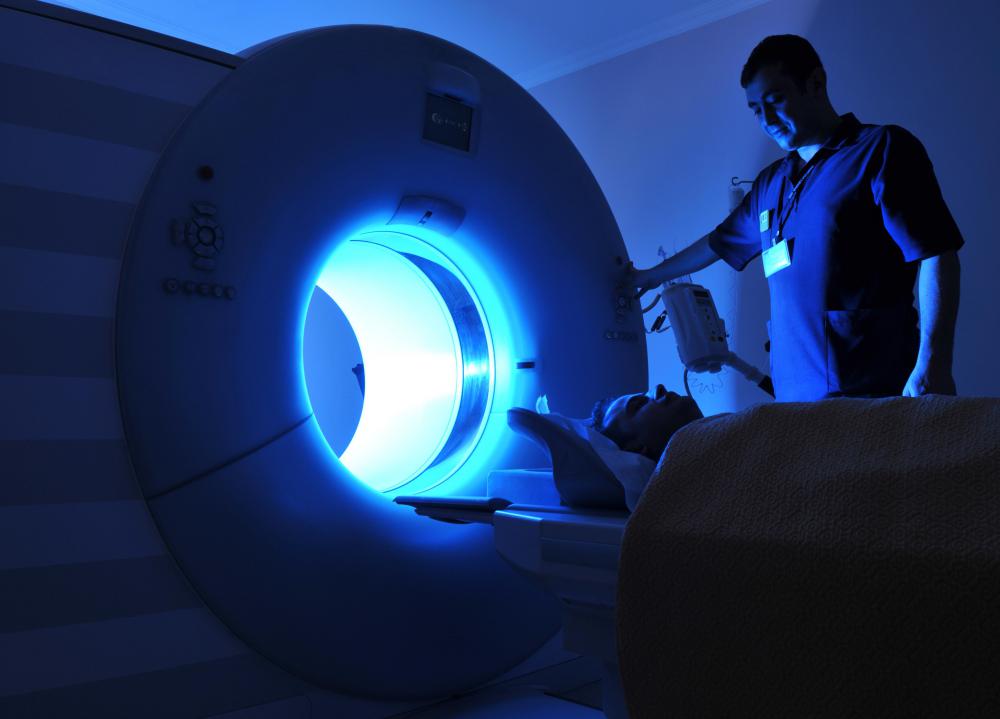At SmartCapitalMind, we're committed to delivering accurate, trustworthy information. Our expert-authored content is rigorously fact-checked and sourced from credible authorities. Discover how we uphold the highest standards in providing you with reliable knowledge.
What is Neuromarketing?
Neuromarketing uses functional Magnetic Resonance Imaging (fMRI) — a medical technology — to scan the brains of test subjects as they look at various products and advertisements. The idea is to discover what kinds of elements trigger positive neural responses. The information gleaned from this research is intended to provide deeper insight into the human brain for purposes such as more effective advertising and brand loyalty campaigns.
Research in neuromarketing began at Harvard University in the late 1990s by marketing professor, Gerry Zaltman. Since then, Zaltman patented another technique called the Zaltman Metaphor Elicitation Technique (ZMET). Zaltman writes:
ZMET probes beneath the surface to reveal "what people don't know they know" — the underlying motivations that influence a person's decision to buy a product or form an opinion. Because approximately 95% of all thought occurs in the unconscious, most of these factors are missed by traditional research methods.
Although many major companies are using neuromarketing and ZMET, there is a lot of controversy regarding this research.

In December 2002 Adam Koval, former chief operating officer of The BrightHouse Institute for Thought Sciences — a leader in neuromarketing and branch of The BrightHouse advertising agency — told Marketplace that the practice "gives unprecedented insight into the consumer mind." Koval went on to say, "[I]t will actually result in higher product sales or in brand preference or in getting customers to behave the way [clients] want them to behave."

Comments like this have made watchdog groups and others nervous, believing marketing techniques are going too far, equating neuromarketing with brainwashing and behavioral control that could be applied in other fields to sell things like political agendas and propaganda.
Critics also fear youth will be hard-targeted for unhealthy products that could result in obesity, pathologies, disease or addictions. This, adding to the current epidemic of so-called "marketing-related diseases" like anorexia, bulimia, and type 2 diabetes. It is believed neuromarketing could intensify these trends, and many see no benefit to the public from marketers searching for a way to, as they see it, subjugate the mind for financial gain.

A final troubling aspect of neuromarketing is the potential for effectively combining positive triggers with negative values. For example, selling violent video games by linking the violence with messages or images that trip positive neural centers. Some believe this could affect the overall character of those targeted, creating a generation that grows up to be different people than they would have been, minus these neural associations.
In July 2004 a non-profit watchdog group, Commercial Alert, went so far as to request a Senate and Federal investigation into neuromarketing. If such an investigation is undertaken, results could be some time in coming.
There are some who believe the worry over neuromarketing is unfounded, and that manipulation only works for a short time before the public market adjusts and evolves. Indeed, some don't believe this type of marketing works at all. However, high profile clients using these techniques — clients like Proctor and Gamble, Coca-Cola, and Motorola, among others — would seem to indicate that they, at least, think otherwise.
Whether neuromarketing is a tool into the subconscious mind of the consumer or not, remains to be seen. However, the effects of these campaigns may be hard to judge since most companies are close-lipped about using this research as a tool. But even if advertising campaigns based on neuromarketing were clearly identified, potential negative effects, if any, might be difficult to prove, as social ills, trends and diseases can be attributed to many factors.
Those involved in this type of marketing remain certain it is a positive step in advertising that will help draw the right products to the right consumers by more precisely targeting the desires of the consumer and filling their needs. Neuromarketers deny that it has any negative effects, or that it is capable of changing behaviors or exerting unwarranted control over consumers.
AS FEATURED ON:
AS FEATURED ON:













Discuss this Article
Post your comments